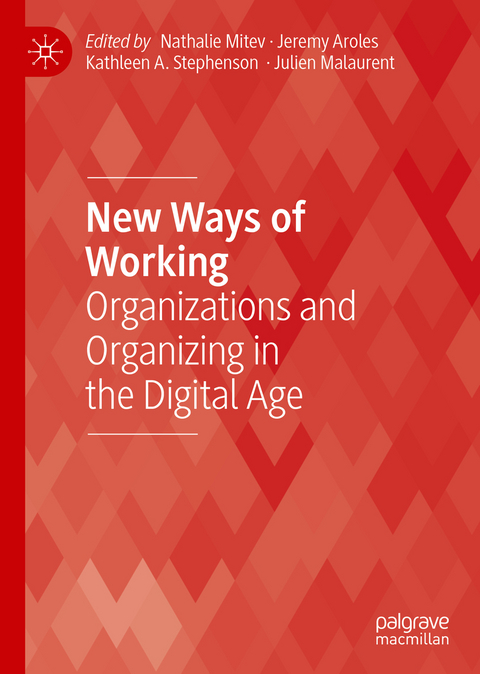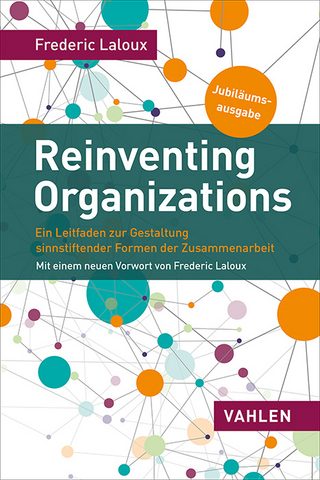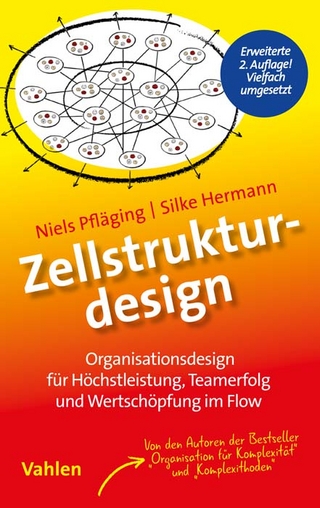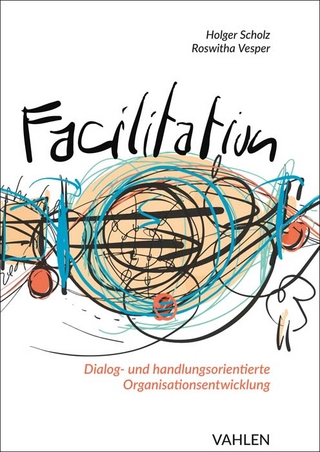
New Ways of Working
Springer International Publishing (Verlag)
978-3-030-61686-1 (ISBN)
This volume focuses on new ways of working, and explores implications of these new practices with a particular emphasis on the place occupied by technology, materiality and bodies within contemporary working configurations. It draws together an international range of scholars to examine diverse subjects such as: the gig economy, social media as a work space, the role of materiality in living labs, managerial techniques and organizational legitimacy. Drawing on global perspectives, from France to Nigeria, this book presents a fascinating examination of the many new ways people are working, and relating to their work.
Part of the esteemed Technology, Work and Globalization series, this book is valuable reading for scholars working on organizational studies, ethnography, technology management, and management more generally.lt;p>Nathalie Mitev was associate professor at the London School of Economics. She focuses on in-depth qualitative and critical research on the organizational aspects of information systems. She has published in a range of journals and is co-editor of 'Materiality and Space', 'Materiality and Time', 'Materiality, Rules and Regulation' and 'Materiality and Managerial Techniques', published by Palgrave Macmillan.
Jeremy Aroles is an Assistant Professor in Organization Studies at Durham University, UK. His research gravitates around three topics: the emergence of new ways of working, the management of cultural institutions, and the relation between fiction and organizational worlds. His research has notably been published in Organization Science, Management Learning and New Technology, Work and Employment.
Kathleen A. Stephenson is an Assistant Professor of Organization Studies at the Vrije Universiteit Amsterdam, NL where she also earned her PhD in 2019. Prior to the post at the VU, Kathleen was a Lecturer at the University of Liverpool Management School. Kathleen's research examines organizational space, organizational change and maintenance, and power. You can find her work in the Academy of Management Annals.
Julien Malaurent is Associate Professor of Information Systems at ESSEC since 2013. His research is regularly published in top journals such as Journal of Management of Information Systems, European Journal of Information Systems, Journal of Information technology. He is also Senior Editor for the Information Systems Journal. His latest research analyzes, from a phenomenological and ontological lens, digital transformation processes happening at the societal level.
1. Introduction: New Ways of Working, Organizations and Organizing in the Digital Age.- Part 1. New Ways of Working and the Sharing Economy.- 2. Platforms and the New Division of Labor Between Humans and Machines.- 3. Social Media as a New Workspace: How Working Out Loud (Re)Materializes Work.- 4. Institutionalizing Crowdwork as a Mode of Employment: The Case of Crowdworkers in Nigeria.- Part 2. New Ways of Working and Collaborative Spaces.- 5. Materiality as Ingredients of Events: Comprehending Materiality as a Temporal Phenomenon in a Makerspace.- 6. The Role of Digital Materiality for Organizing a Living Lab.- 7. Do Coworking Spaces Promise a Revolution or Spark Revenge? A Foucauldian Spatio-Material Approach to the Re-spatialization of Remote Work in Coworking Spaces.- 8.More than Perks and a Shared Office: How Coworking Spaces Participate in Entrepreneurs' Resource Acquisition.- Part 3. New Ways of Working and Telework.- 9. From De-materialization to Re-materialization: A Social Dynamics Approach to New Ways of Working.- 10. Work/Non-work? Laminated Boundary-Tensions and Affective Capabilities: A Case of Mobile Consulting.- Part 4. New Ways of Working and Organizational Spaces.- 11. Space for Tensions: A Lefebvrian Perspective on New Ways of Working.- 12. Beyond Flexibility: Confronting Conceived and Lived Spaces of New Ways of Working.- 13. Transmateriality of Architectural Representation and Perception.- 14. Technology and the Simultaneous Collapsing and Expanding of Organizational Space: A COVID-19 Experience.- Part 5. Organizational Aspects of New Ways of Working.- 15. From Innovations at Work to Innovative Ways of Conceptualizing Organization: A Brief History of Organization Studies.- 16. Community Management Practices in Coworking Spaces: Being the 'Catalyst'.- 17. Rise and Fall of a New Way of Working: A Testament of an Organizational Identity Mimicry.- 18. Deconstructing New Ways of Working: A Five-Dimensional Conceptualization Proposal.
| Erscheinungsdatum | 01.03.2021 |
|---|---|
| Reihe/Serie | Technology, Work and Globalization |
| Zusatzinfo | XXIX, 498 p. 22 illus. |
| Verlagsort | Cham |
| Sprache | englisch |
| Maße | 148 x 210 mm |
| Gewicht | 811 g |
| Themenwelt | Wirtschaft ► Betriebswirtschaft / Management ► Planung / Organisation |
| Wirtschaft ► Betriebswirtschaft / Management ► Unternehmensführung / Management | |
| Schlagworte | Co-Working Spaces • digitization • Future of Work • New work practices • organization research |
| ISBN-10 | 3-030-61686-X / 303061686X |
| ISBN-13 | 978-3-030-61686-1 / 9783030616861 |
| Zustand | Neuware |
| Informationen gemäß Produktsicherheitsverordnung (GPSR) | |
| Haben Sie eine Frage zum Produkt? |
aus dem Bereich


